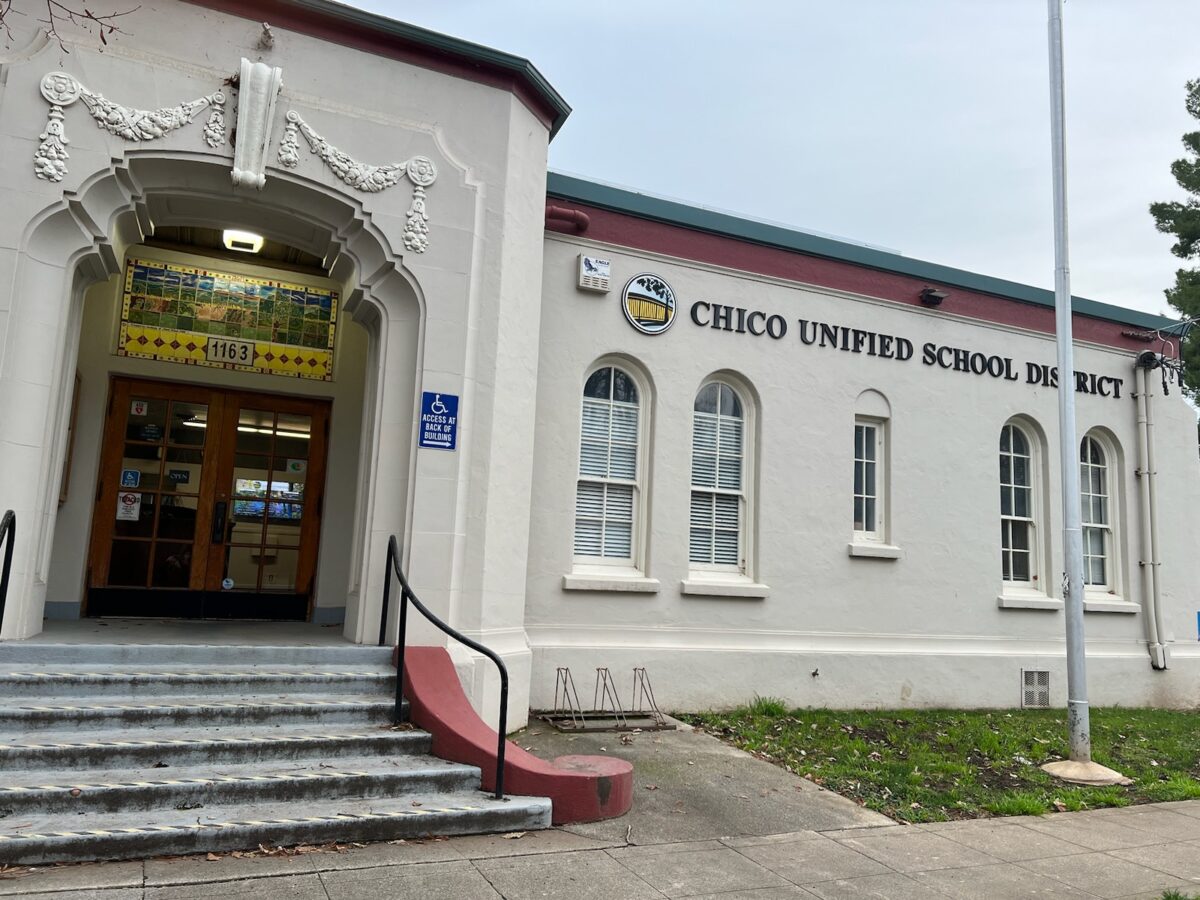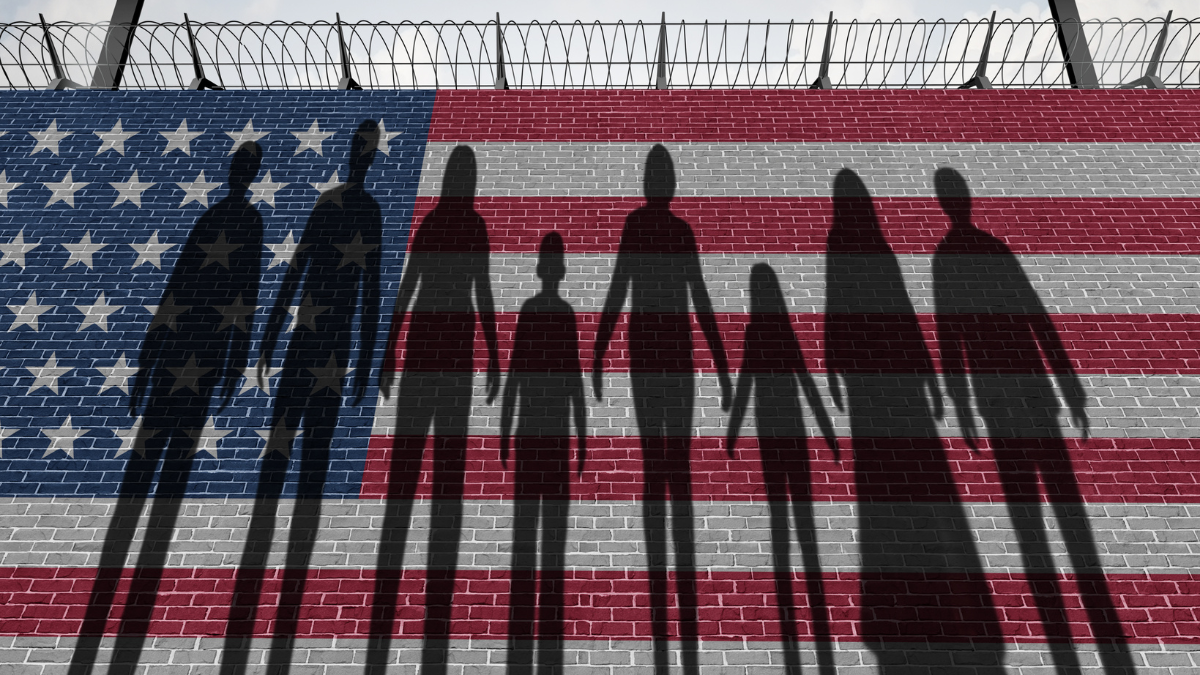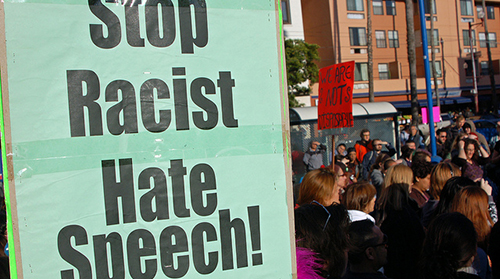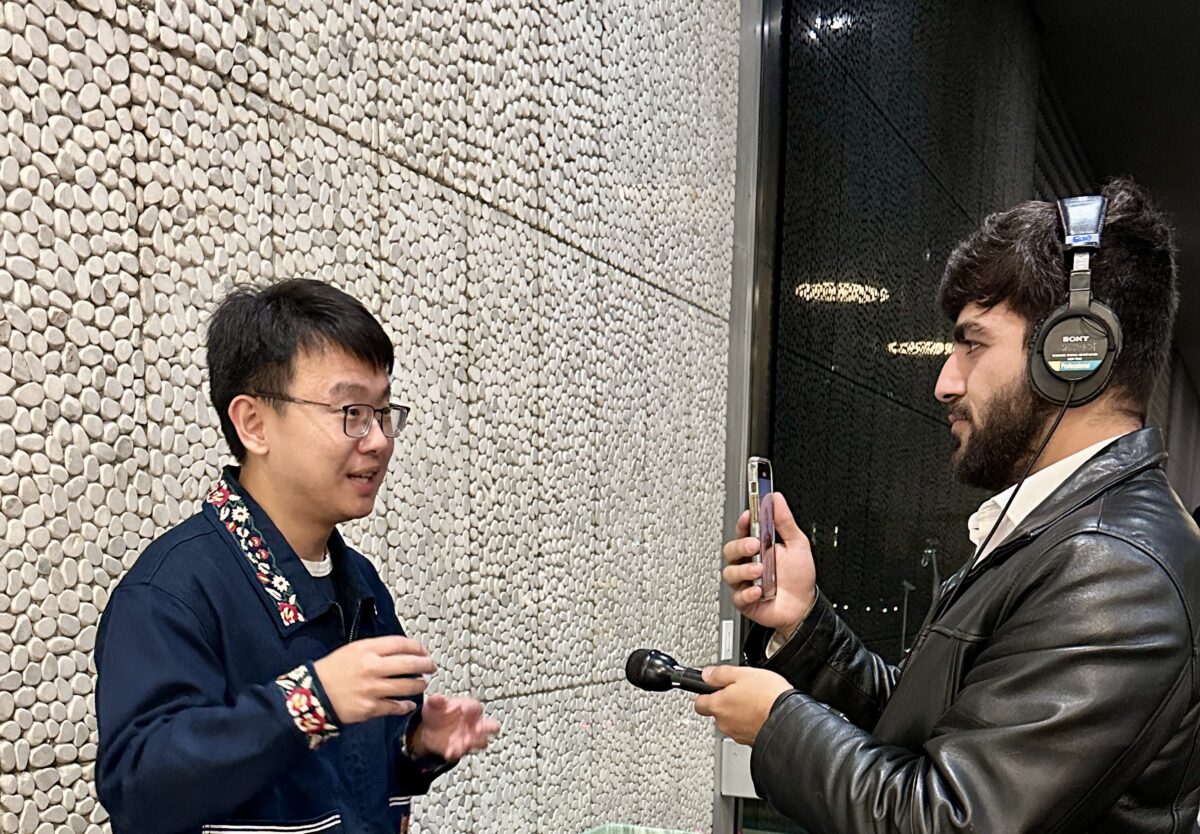Appeals court upholds right to non-disclosure

An appeals court this month upheld state law and policy that protect student rights to privacy — even when that privacy pertains to gender identity.
A panel of judges with the U.S. Court of Appeals for the Ninth Circuit granted a stay in favor of law and policy that allow schools to protect the confidentiality of LGBTQ+ students who may discuss gender identity or other issues with school staff.
The three-judge panel acted to place a temporary block on a federal court ruling issued in December in the case of Mirabelli v. Olson by Judge Roger Benitez. That ruling had found that California policy violates the constitutional rights of educators and parents.










